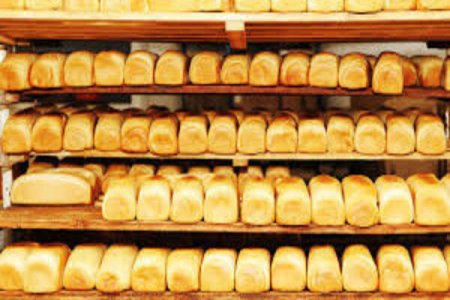
As bread prices soar in Abuja, consumers are shifting to alternatives like pap and sweet potatoes. Rising costs of bread and pastries have led many to seek more affordable options. Bakers cite inflation and import issues for the price increases, impacting production and consumer choices.
In the Bwari Area Council of the Federal Capital Territory (FCT), many residents have stopped buying bread, meat pies, and other pastries due to soaring prices. Interviews with locals in Abuja revealed that the escalating cost of these items has forced them to seek more affordable breakfast alternatives.
Ada Christopher, a mother of four, expressed frustration over the rising cost of bread, which now ranges between N1,700 and N2,000 for a large loaf. She noted that while her children enjoyed bread with tea, the current prices are unsustainable, leading her to search for other breakfast options. Similarly, Patricia Amos described pastries like cakes and meat pies as luxuries, noting that purchasing them for her large family would be prohibitively expensive. Instead, she has turned to alternatives such as pap, moi-moi, Bambara nut (okpa), and sweet potatoes.
Baker Shadrach Ayani explained that the price hikes are a result of increased costs for baking ingredients, which are affected by global wheat prices and logistical issues within Nigeria. He attributed these fluctuations to economic inflation and a strained exchange rate, which impact both small and large bakeries. Ayani noted that his bakery has had to reduce production due to decreased patronage, as unsold bread often goes to waste.
Ayani encouraged consumers to support reputable bakeries and avoid cheap, substandard products. Despite the current challenges, he remains hopeful for an improvement in the situation and advised consumers to be cautious about their choices.
The situation highlights the broader economic pressures affecting everyday Nigerians and underscores the need for more sustainable solutions in the food industry.





